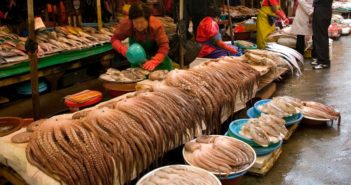
Octopus Farming: Another Step Towards an Environmental Catastrophe
As demand for octopus for consumption grows, efforts to farm these animals intensify, with terrible ethical and environmental consequences.

As demand for octopus for consumption grows, efforts to farm these animals intensify, with terrible ethical and environmental consequences.
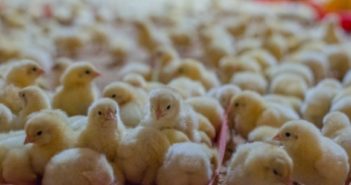
New research reveals poor animal welfare practices in many countries worldwide, which provide the perfect breeding ground for viruses to mutate and spread.
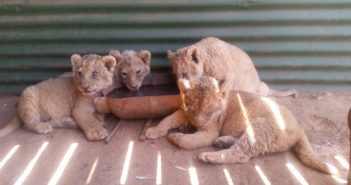
China’s recent ban on wildlife consumption will hopefully stop the flow of lion bones from South Africa, which may be contaminated with tuberculosis and tranquilizers.
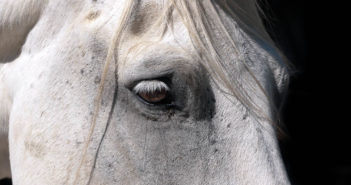
It’s one cruel industry feeding another: mares are forcibly impregnated and aborted in order to draw their blood, which is used to get sows pregnant sooner so they will have a higher number of piglets who are born to die.
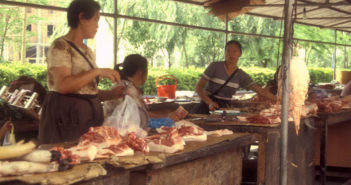
The current situation – awful as it is – has shone a spotlight on all wildlife trade in China, presenting the government with an opportunity to finally tackle demand for wildlife threatened by trade, including by closing legal markets.
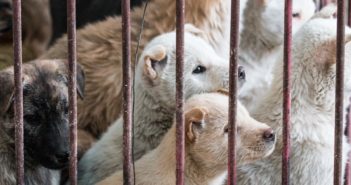
As with a number of previous outbreaks, coronavirus is believed to have originated in a market where many live animals are sold and slaughtered in unhygienic conditions.
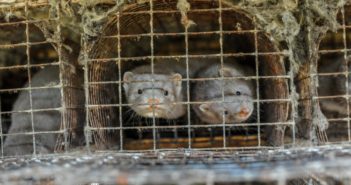
A report reveals how China’s fur industry is both healthy and influential, and highlights its growing influence on the world’s fur industry.
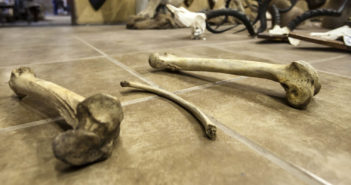
South Africa is facilitating illegal trade in lion bones, enabling the activities of notorious international crime syndicates, and threatening the survival of tigers and lions in the wild.
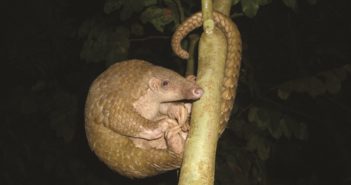
Three species of pangolins have moved into a higher category of threat due to the growing impacts of habitat loss, poaching and illegal trade.
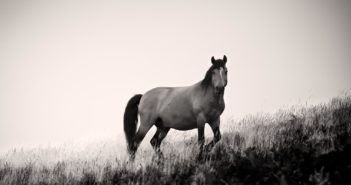
Slaughtered horses come from every industry: race horses, show horses, carriage horses, and draft horses, as well as wild mustangs and backyard pets. The slaughter pipeline is the disposing place for unwanted horses.
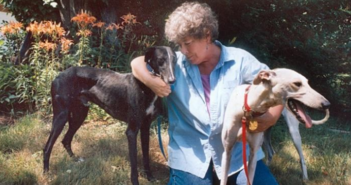
As long as the racing goes on, the industry churns out a surplus of unwanted dogs. Greyhound rescuers are there to pick up the pieces.
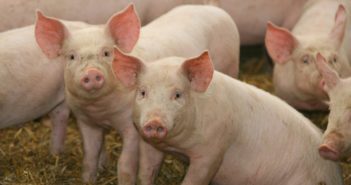
The research, carried out by the Institute for Traffic Medicine, unsurprisingly killed almost half of the pigs used, leaving the others brutally injured and suffering for six hours before dying in pain.